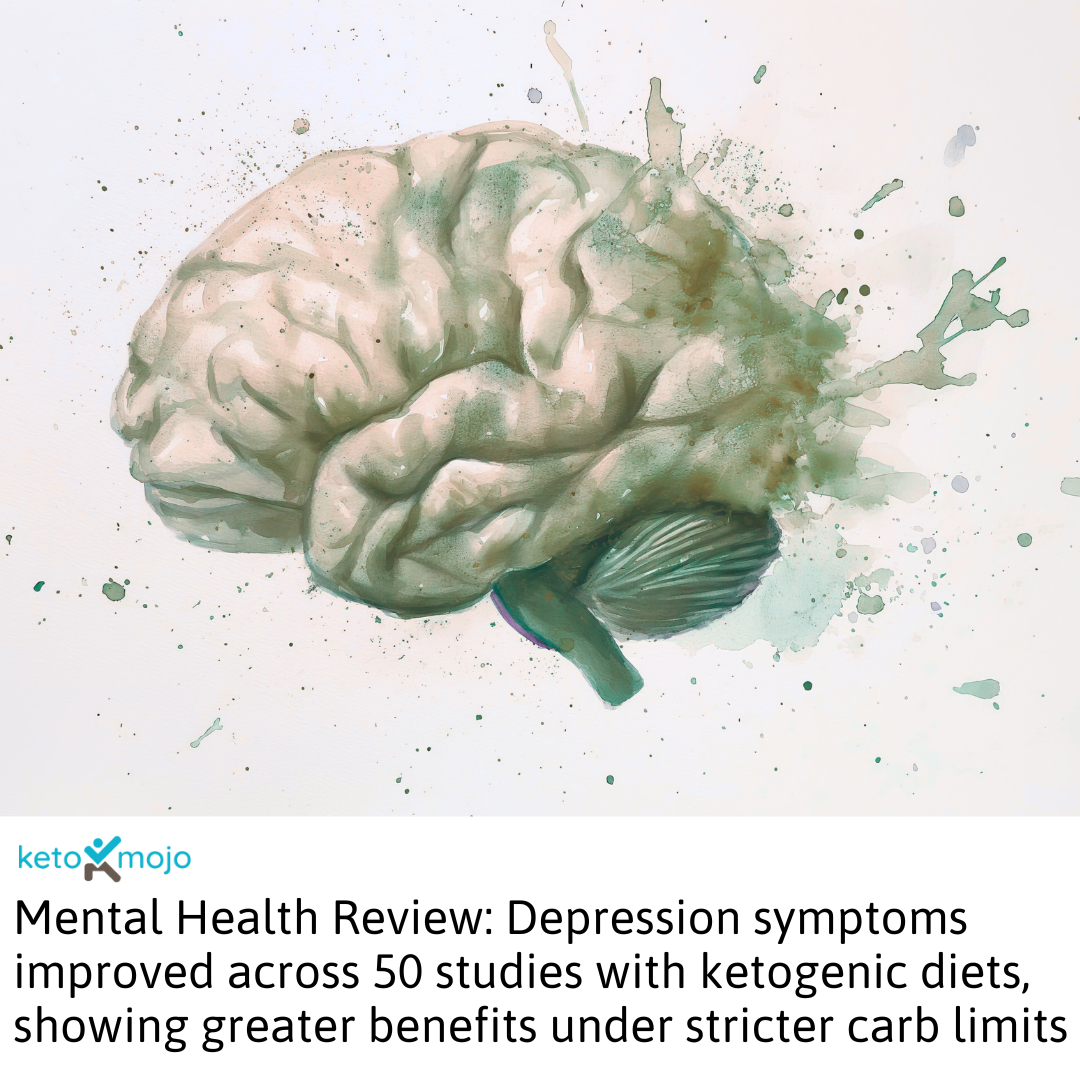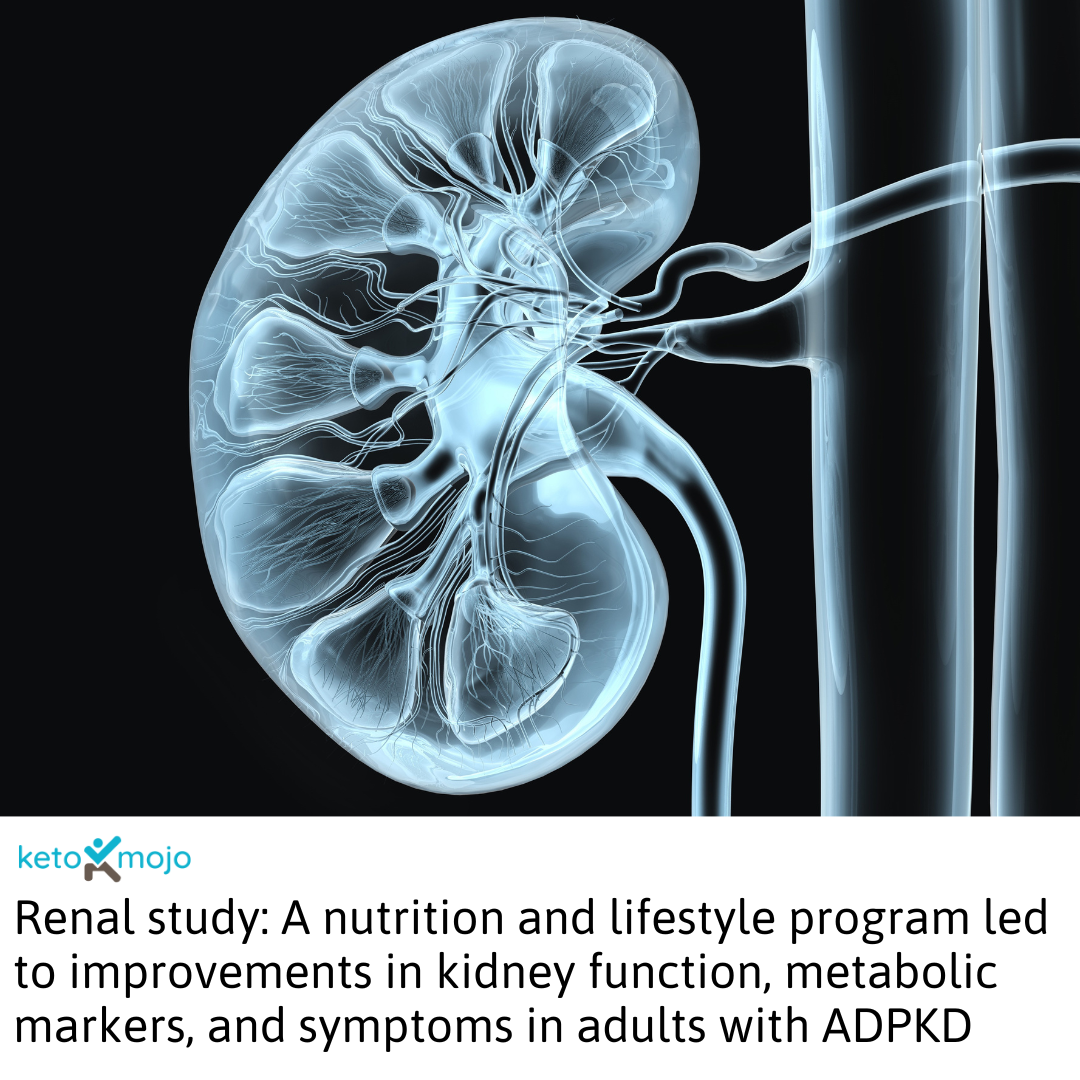General Health
The role of β-hydroxybutyrate testing in ketogenic metabolic therapies

This narrative review examines the role of β-hydroxybutyrate (BHB) testing in ketogenic metabolic therapies (KMTs), which include ketogenic diets and fasting. KMTs induce nutritional ketosis, a metabolic state measurable by the ketone bodies BHB, acetoacetate, and acetone.
The review investigates the role of capillary blood BHB testing as an integral component of KMTs. It presents the application of BHB monitoring in various therapeutic settings, emphasizing its role in tracking dietary adherence, interpreting metabolic responses, supporting patient’s empowerment, and guiding personalized clinical decisions.
Key Findings:
BHB testing utility:
- BHB levels objectively confirm dietary adherence and metabolic state, supporting the objective interpretation of clinical outcomes.
- Monitoring frequency (daily, weekly, or less frequently) influences data quality and user burden.
- Regular testing provides actionable information for achieving and maintaining nutritional ketosis. Over time, this enables personal empowerment and tailored interventions.
- Higher BHB levels may correlate with better clinical outcomes in various conditions (more research needed).
Therapeutic applications:
- Type 2 diabetes and obesity: Studies found that BHB testing helped track adherence, and that individuals who maintained higher BHB levels tended to experience greater weight loss and improvements in metabolic markers.
- Neurological and psychiatric conditions: Studies showed BHB levels correlate with mood, anxiety, and symptom improvement.
- Epilepsy: Higher serum BHB levels were associated with better seizure control; blood BHB was more predictive than urine ketones.
- Cancer: Case studies and some clinical trials suggest that sustained ketosis aligns with tumor stability or slower progression.
Behavioral and clinical integration:
- Frequent BHB testing creates feedback loops that reinforce dietary behaviors and support patient empowerment.
- Regular monitoring enables remote care, personalized adjustments, and collaborative decision-making between patients and clinicians.
Challenges identified:
- Barriers include testing invasiveness, cost, and adherence fatigue.
Capillary blood BHB testing provides a direct, objective measure of nutritional ketosis, supporting adherence tracking, outcomes interpretation, patient engagement, and personalized care in KMTs. Despite potential challenges like cost and testing burden, its role in both clinical and research settings is central. Broader adoption will benefit from continued innovation, clearer guidelines on testing protocols, and further research on therapeutic targets.






